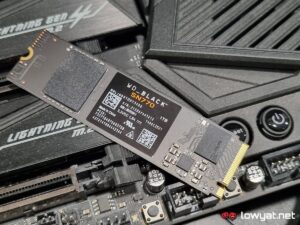
As a direct successor to the SN750, the WD Black SN770 is the latest addition to the SN700 series of NVMe SSDs and, as you’d expect, features an update or two to the component that make it up.
One of the more obvious differences between the SN770 and its predecessor is the transition to NVMe Gen4. So, like every SSD that comes by our lab, we put it through its paces for a hot minute.
What Is It?
The SN770 is a NVMe Gen4 SSD and while it shares a nearly identical design to the SN750, it definitely supports speeds reflective of the interface. It is available in capacities of 250GB, 500GB, 1TB, and 2TB.
Sequential read and write average speeds start at 4000MB/s and 2000MB/s, respectively. The model I have in the lab is the 1TB variant, which has sequential transfer speeds of 5150MB/s read and 4900MB/s write.
Is It Any Good?
Aside the high average transfer speeds, the SN770 marks a change to a DRAM-less architecture. Additionally, the storage component is fitted with a Kioxia BiCS5 112L TLC flash. In this case, the 1TB’s support for sequential read speeds of 5150MB/s is definitely a boon for those looking to complement either their AMD Zen3 or Intel 12th Gen Alder Lake system and their PCIe Gen4 interface support.
Other performance measures shows that the SN770 maintains an average 33°C, which is par for the course for an M.2 NVMe SSD.
Also, as with all WD products, the SN770 is further complemented with a 5-year warranty and support for the brand’s SSD Dashboard software.
The Bad Stuff. Tell Me.
While the SN770 is an NVMe Gen4 SSD, its price-per-gigabyte ratio is a little on the high side. The 1TB SKU that I have, with its average sequential transfer speeds of 5000MB/s, retails at an SRP of RM879. For comparison’s sake, the SN850 of the same capacity, which officially hit the market a year ago, costs RM939 and has sequential read and write speeds of 7000MB/s and 5300MB/s, respectively. If I have to make a personal choice, I would definitely pay the extra RM60 for the SN850.
Also, and while I am fully aware that it is expensive and not everybody would be able to afford such a capacity, WD doesn’t have an SKU with a 4TB capacity. The SN770 is also lacking any form of AES hardware encryption and more specifically, there isn’t any support for AES 256-bit hardware encryption.
Should I Buy It?
Ultimately the WD Black SN7700 is a fast, responsive NVMe Gen4 SSD made for the masses but as I pointed out earlier, with the price difference between it and the SN850, it isn’t a stretch to understand why I would recommend spending the extra RM60.
On a related note, the SN770 is effectively another option in the sea of NVMe Gen4 SSDs that offer average transfer speeds of 5000MB/s, meaning that one is spoilt for choice, and that’s despite the lack of the 256-bit AES hardware encryption. However, if you’re looking for an SSD with its own software-based monitoring tool, then this is a good option for you.
The post WD Black SN770 NVMe Gen4 SSD Lightning Review: Another NVMe Gen4 SSD Option appeared first on Lowyat.NET.
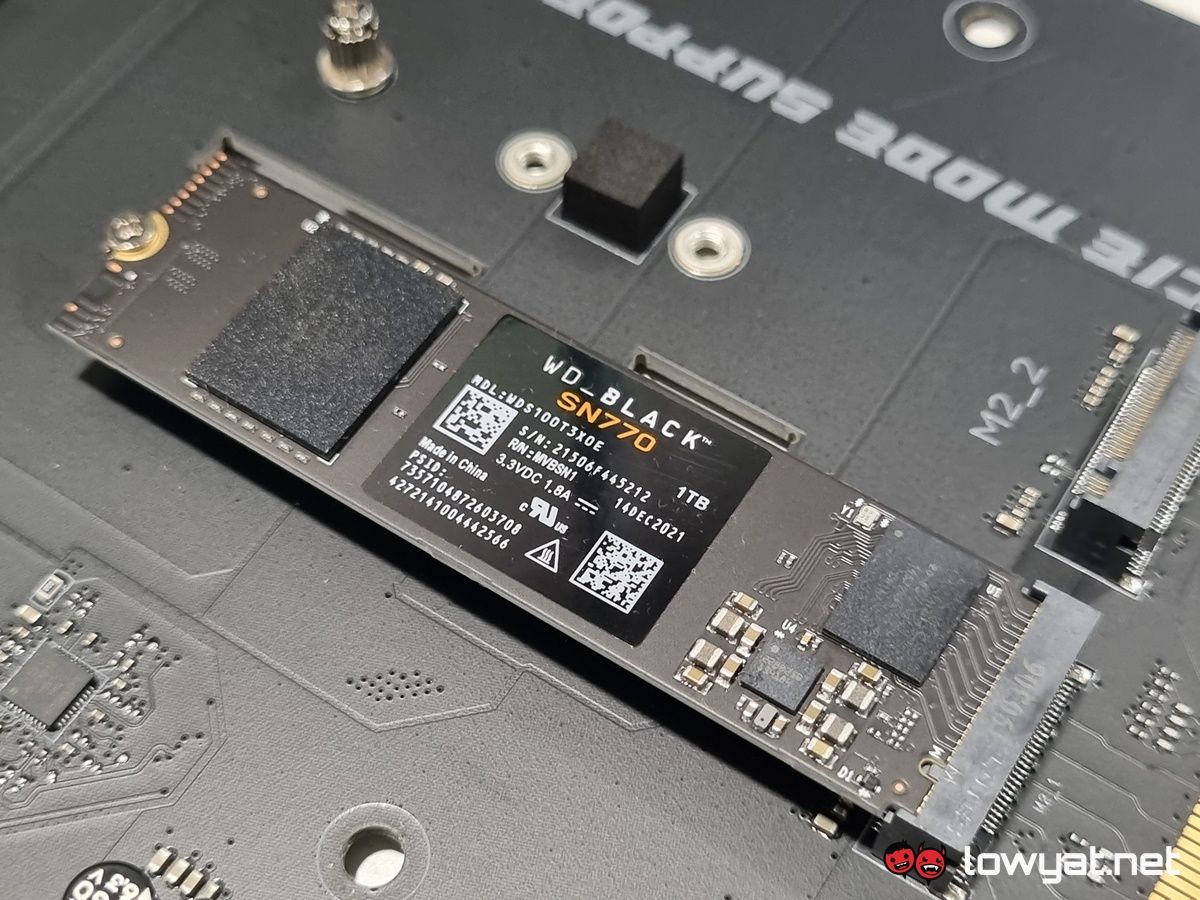
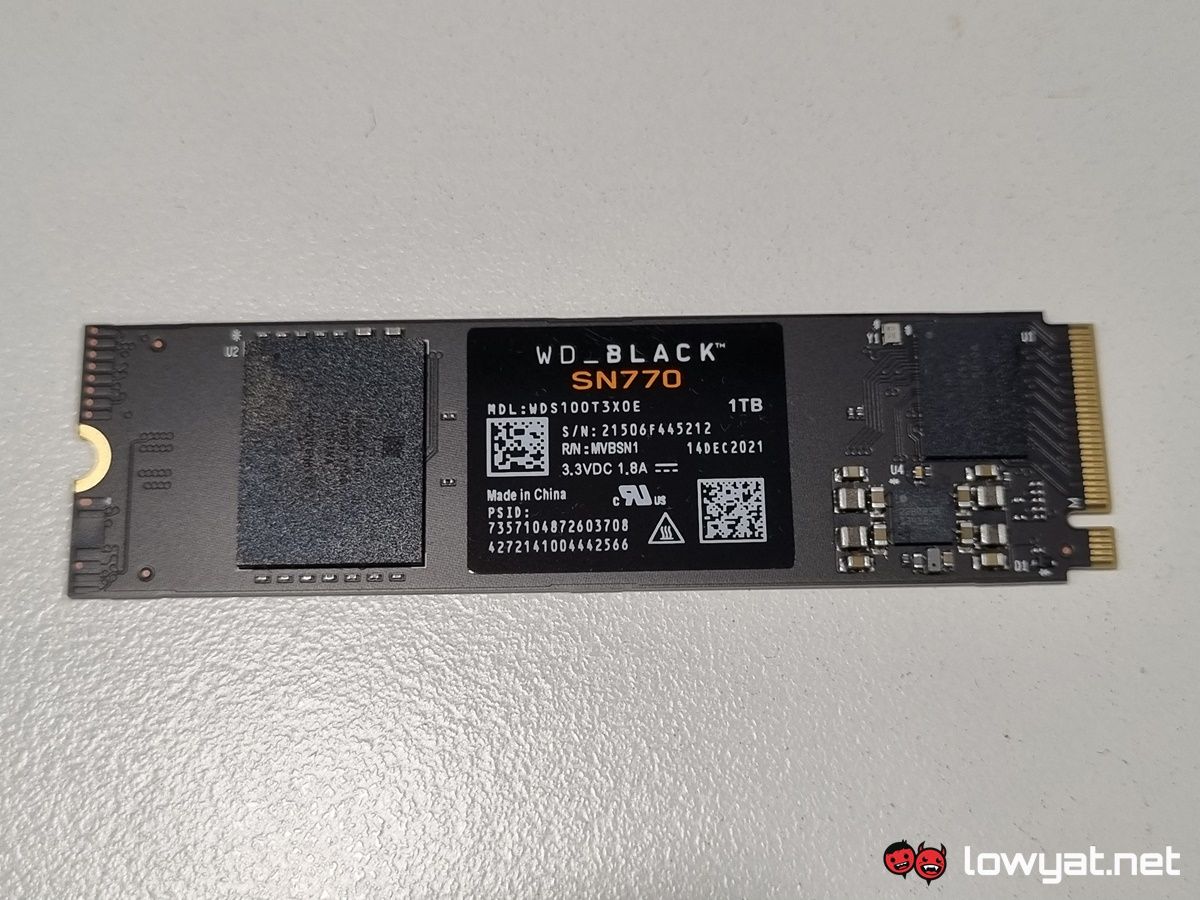
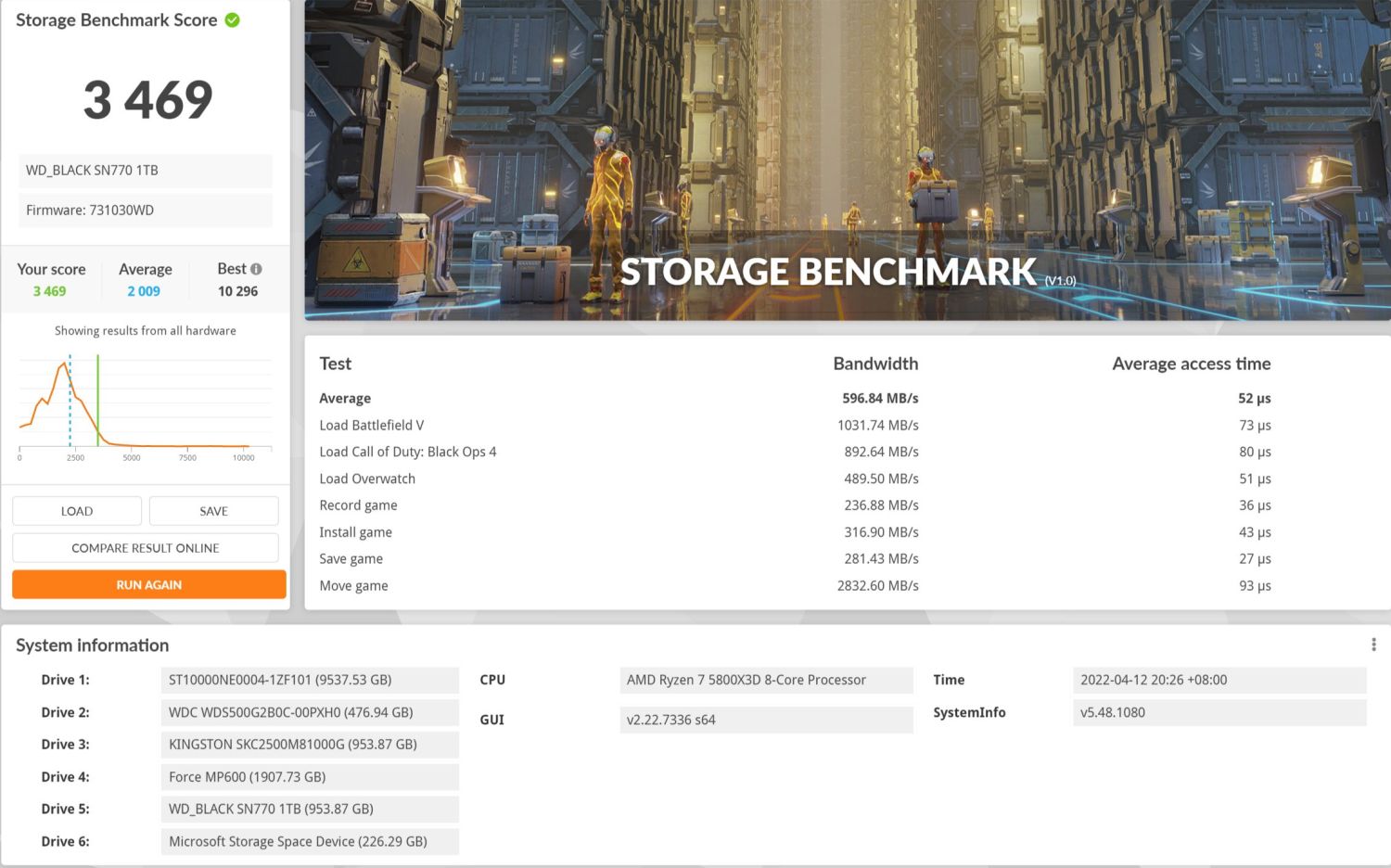
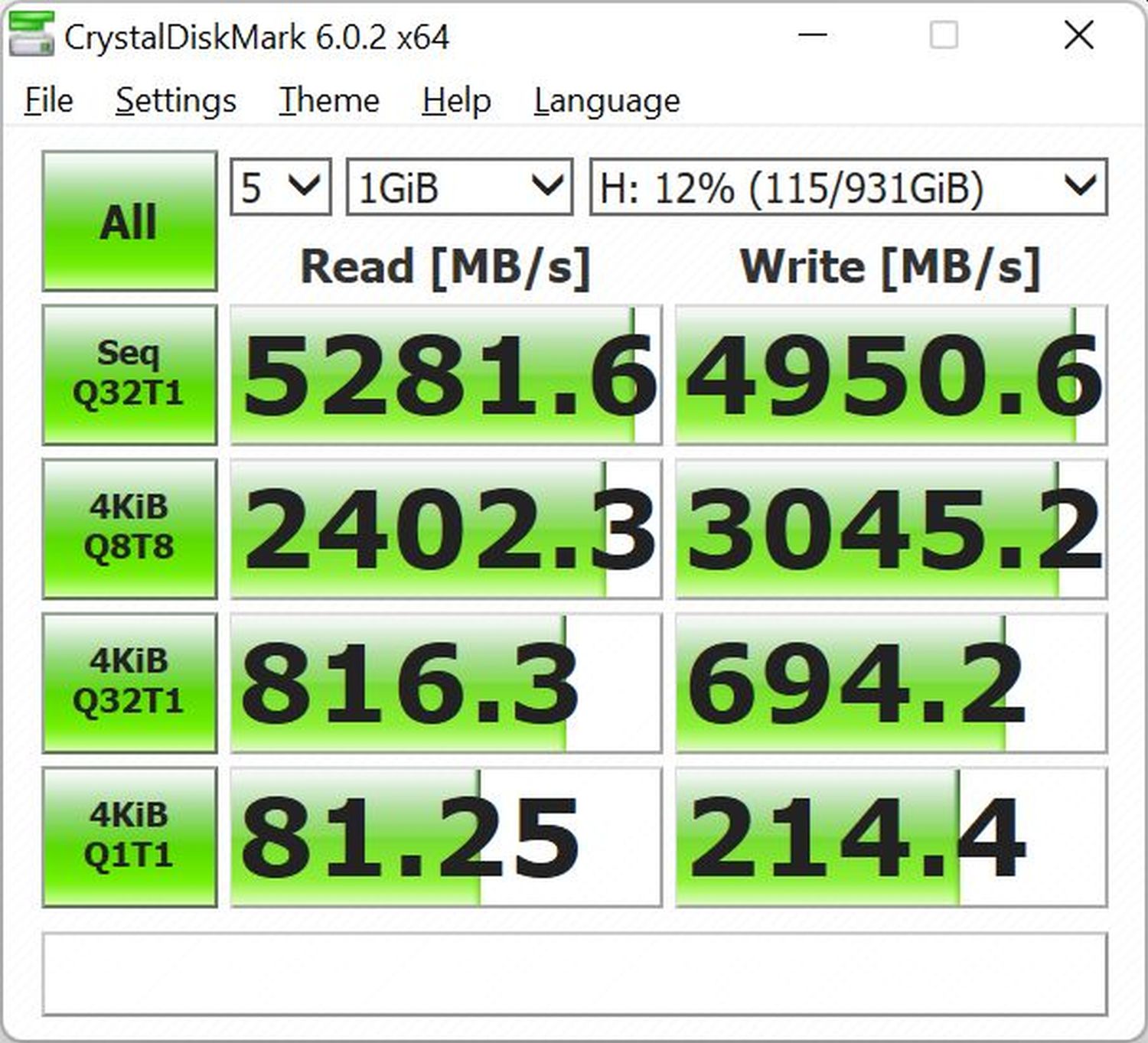
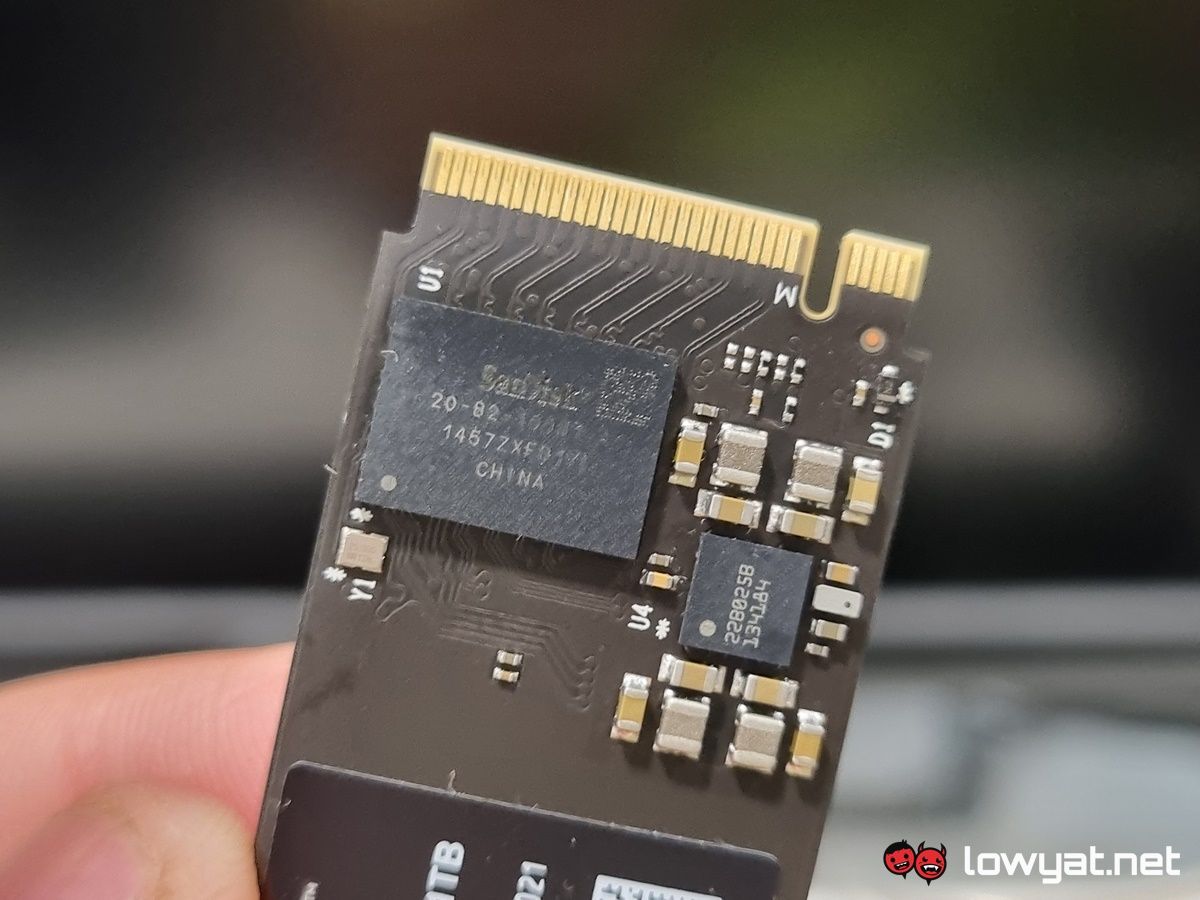

0 Commentaires